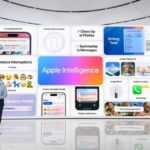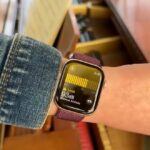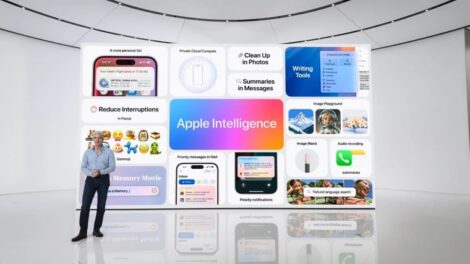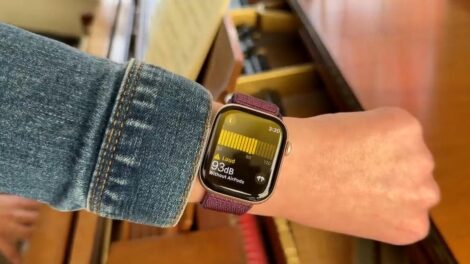During Apple’s glitzy Vision Pro launch event unveiling its sleek augmented reality headset, some conspicuously absent icons on demo screens drew swift controversy – where were YouTube, Netflix, Spotify and other top app favorites?
Today we dive into the unfolding Vision Pro apps drama, weigh reactions around Apple’s influenced App Store revamp taxing digital purchases, and consider whether hardware alone sustains flagship appeal sans favored software bells and whistles users expect accessing.
App Powerhouses Abstain From Launch
Reviewing the Vision Pro’s application launch catalog, observers noted immediate lacking support from global streaming and social giants like:
- YouTube
- Netflix
- Hulu
- Spotify
- Pandora
The voids surprised given historical Apple device launch solidarity across app ecosystems binding tablets, phones and wearables seamlessly to content juggernauts.
So what explains this apparent Vision rebellion from apps amounting billions of subscriptions?
A Protest Against App Store Tax Hikes
Insider speculation suggests backlash around Apple newly demanding 30% slices from all developers on in-app purchase revenue generated.
For categories like streaming, subscriptions commerce, deliveries and more, those percentages make precarious profit models even leaner. And Apple competitors avoid comparable fees currently.
The policy requires apps pony up more dough while Apple disrupts little monetization structures directly itself. And developers indeed push back against these apparent greedy encroachments.
Vision Hardware Hurdles
However, the App Store tax explains only part equation. Vision Pro’s still-limited hardware capabilities also likely slow commitments until more immersive implementations materialize.
Specifically, battery life, display field of view constraints, comfort and limited onboard processing suggest video streaming experiences remain better suited still for tablets and phones currently limiting appeal.
Thus beyond pricing disputes, pragmatic product visions likely contribute delaying streaming service app Rollouts until both headset and app ecosystems mutually evolve more capable integration.
Catch 22: Content Apps Await Hardware, Vice Versa
This intertwined interdependency creates uncertainty how swiftly optimal user experiences coalesce. Does superb mixed reality hardware light dry app tinder ablaze? Or do hesitant developers await accessories and upgrades advancing core utility first?
The lukewarm app reception risks fragmented user experiences and costly hardware ownership difficult justifying costs. But missing marquee software support equally tempers enthusiasm converting interested observers into passionate evangelists.
Implications for Headset Viability
Stepping back, early App Store tax revolt combined with uninspiring developer support spells questionable outlooks for Vision Pro lifespan relevance.
Without keystone apps like YouTube and Netflix onboard, will users face enough compelling use cases embracing pricey headgear? Or will device gather dust without high-quality content apps proving hardware potent?
Alternatively, perhaps Apple convinces stakeholders embracing sufficient compromise appeasing outstanding disputes. If core software experiences coalesce, the hardware sells itself.
The Content Conundrum
Still, we wonder hardware alone supports premium pricing if missing programming that digital lifestyle devotees depended upon daily. What beloved Vision Pro apps fill voids vacated by streaming and social apps abstaining?
For now, buyers should temper expectations on all fronts assessing if solo device functionality warrants costs before enriched app ecosystems catch up down the road. Piecemeal patience may require mitigating disappointment initially if holding off a generation or few.










Add Comment